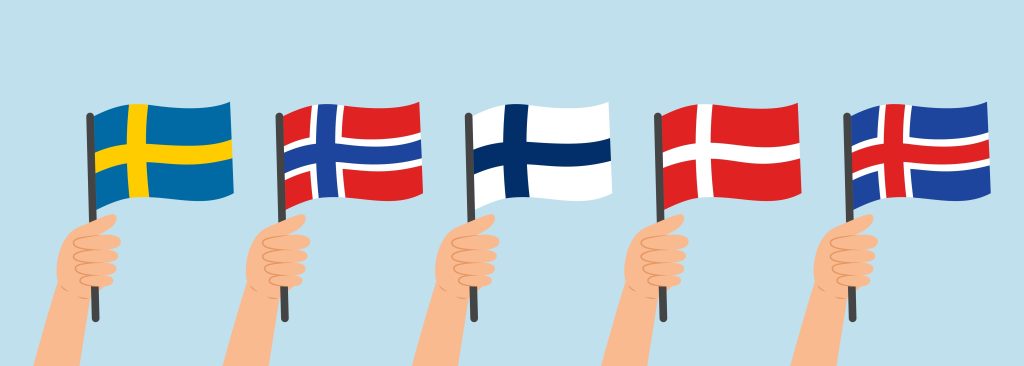Swedish Budget Proposal Highlights Harm Reduction and Differentiated Tobacco Taxation
23rd Sep 2025

The Swedish government’s 2026 budget proposal introduces a series of tobacco policy changes aimed at improving public health by focusing on harm reduction rather than simply reducing overall nicotine use as for example France is planning. The plan draws a clear distinction between combustible tobacco products like cigarettes and smoke-free alternatives such as snus and nicotine pouches—both in taxation and in the guidance provided to public agencies.
Tax Policy to Encourage Safer Choices
One of the most notable measures is differentiated taxation. Nicotine pouches and other smoke-free products will continue to be taxed at lower rates than cigarettes, reflecting their significantly lower health risks.
“It is crucial that taxation reflects the actual risks,” said Markus Lindblad, Head of Communications at Pouch Patrol. “By increasing the economic incentives to switch from deadly cigarettes, the government is helping people make healthier choices.”
Agencies Directed to Focus on Harm Reduction
The proposal also revises the overarching objective of Sweden’s tobacco policy. Instead of solely trying to cut overall nicotine consumption, government agencies will now be tasked with reducing the medical and social harms caused by tobacco and nicotine.
This shift means regulators will prioritize measures that reduce cigarette smoking rather than applying equally strict rules to all nicotine products.
“Sweden has been remarkably successful in lowering smoking rates, largely because consumers have been able to switch to less harmful alternatives such as snus and nicotine pouches,” Lindblad explained. “It is therefore extremely important that public agencies are now explicitly guided to base their actions on science and relative risk.”
He adds:
“In countries that tax less harmful alternatives as heavily as cigarettes, more people continue to smoke instead of switching. Sweden is once again showing the way. Our approach has put us on track to become officially smoke-free in the near future, and that is something we should be very proud of.”





